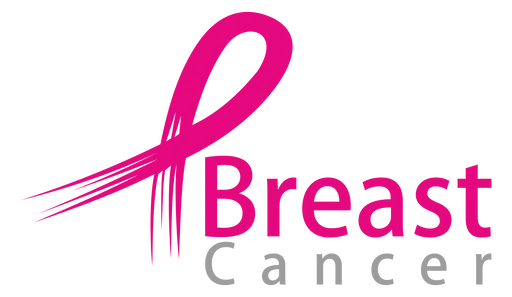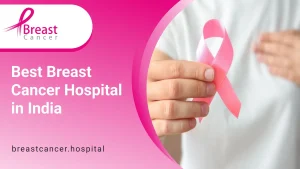Introduction:
Chemotherapy for breast cancer is vital, using potent medications to target and destroy cancer cells, shrink tumors, breast cancer prevention, and enhance survival rates. Here, we cover its effectiveness, side effects, and lifestyle impact.
3 major purpose of chemotherapy in breast cancer:
Three major purposes of chemotherapy in breast cancer treatment are:
Primary Treatment: Chemotherapy can be used as the primary treatment for breast cancer, especially in cases where the cancer has spread beyond the breast or lymph nodes. By targeting and killing cancer cells throughout the body, chemotherapy aims to shrink tumors, reduce the risk of recurrence, and improve overall survival rates.
Adjuvant Therapy: Chemotherapy is often used as adjuvant therapy after surgery to remove the tumor. This preventive approach helps to kill any remaining cancer cells that may not have been removed during surgery, reducing the risk of cancer recurrence and improving long-term outcomes for patients.
Neoadjuvant Therapy: In some cases, chemotherapy may be administered before surgery as neoadjuvant therapy. The goal of this approach is to shrink the tumor so that it is easier to remove surgically. Neoadjuvant chemotherapy can also help assess the tumor’s response to treatment and guide further therapy decisions.
Common drugs used in chemotherapy for breast cancer:
Some common chemotherapy drugs for breast cancer include
- Doxorubicin (Adriamycin): Damages the DNA of cancer cells to induce cell death.
- Cyclophosphamide (Cytoxan): Interferes with the growth and spread of cancer cells.
- Paclitaxel (Taxol): Disrupts cell division by targeting microtubules.
- Docetaxel (Taxotere): Inhibits cell division by targeting microtubules.
- Fluorouracil (5-FU): Inhibits DNA and RNA synthesis in cancer cells.
- Gemcitabine (Gemzar): Interferes with DNA replication to cause cancer cell death.
- Carboplatin: Damages DNA in cancer cells to inhibit cell growth.
Chemotherapy for Breast Cancer Stage 4:
Chemotherapy for breast cancer stage 4 is often used as a palliative treatment, aiming to control the spread of cancer, alleviate symptoms, and improve quality of life. It may not cure the cancer at this stage, but it can help prolong survival and manage symptoms effectively.
- Chemotherapy aims to target cancer cells throughout the body, reducing the size of tumors and slowing their growth.
- It can be administered orally, intravenously, or through injections, depending on the specific drugs and innovative treatment plan.
Preventive Chemotherapy for Breast Cancer:
Preventive chemotherapy for breast cancer, also known as adjuvant chemotherapy, is used after surgery to remove the tumor. It helps kill any remaining cancer cells that may have spread beyond the breast, reducing the risk of recurrence and improving long-term outcomes.
Chemotherapy Diet Chart:
Maintaining a healthy diet during chemotherapy for breast cancer is essential for supporting your body’s strength, managing side effects, and promoting overall well-being. A chemotherapy diet chart can help you make nutritious choices that support your treatment and recovery.
- Focus on eating a variety of fruits, vegetables, whole grains, lean proteins, and healthy fats to provide essential nutrients and support immune function.
- Stay hydrated by drinking plenty of water throughout the day, aiming for at least eight glasses per day.
Managing Side Effects and Coping Strategies:
Chemotherapy for breast cancer can cause a range of side effects, which vary depending on the specific drugs used, dosage, and individual factors. Understanding these potential side effects and implementing coping strategies can help you navigate treatment more effectively.
Common Side Effects of Chemotherapy for Breast Cancer
- Nausea and vomiting: Medications can help manage nausea and vomiting, and dietary changes such as eating small, frequent meals and avoiding spicy or greasy foods may also help.
- Hair loss: Hair loss is a common side effect of chemotherapy, but it is usually temporary. Consider exploring options such as wigs, scarves, or hats to help maintain your confidence and self-esteem.
- Fatigue: Fatigue is another common side effect that can impact daily activities. Prioritize rest, conserve energy, and ask for help when needed to manage fatigue effectively.
Conclusion:
Chemotherapy for breast cancer is crucial for treatment, often used alone or with surgery. It enhances outcomes and quality of life. Understanding treatment, managing side effects, and adopting healthy habits empower patients.




